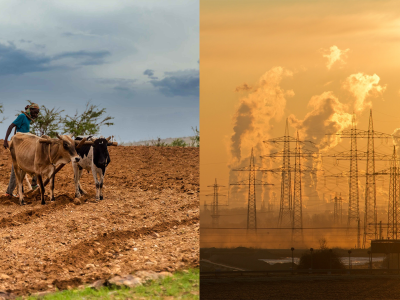A key challenge for developing countries is to generate more and better employment opportunities while ensuring that all parts of the population are able to access these. This paper discusses what this means in practice, particularly in the context of economic structural transformation. Looking at job quality, quantity and access as they relate to sectoral labour demand and supply dynamics, the paper lays out some of the key progress indicators as they relate to structural change, and examines these for a group of Development Progress countries. The analysis shows that movement of workers between sectors contributes more to growth for the studied countries than rising productivity does within them. Further, this movement is mainly towards the service sector, rather than manufacturing, therefore including both modern-sector high-productivity employment but also precarious, low-productivity occupations that can miss the benefits of industrialisation. While household-level diversification can indicate initial steps in economic transformation and employment progress. This paper argues that putting employment at the centre of developing-country policy means focusing not only on employment quantity, but also quality and access as equally important goals, while also looking at how these interact with structural-change dynamics. Finally, the paper highlights the importance of politics as a key factor in determining employment progress. Read Working for Economic Transformation
Loading Conversation



